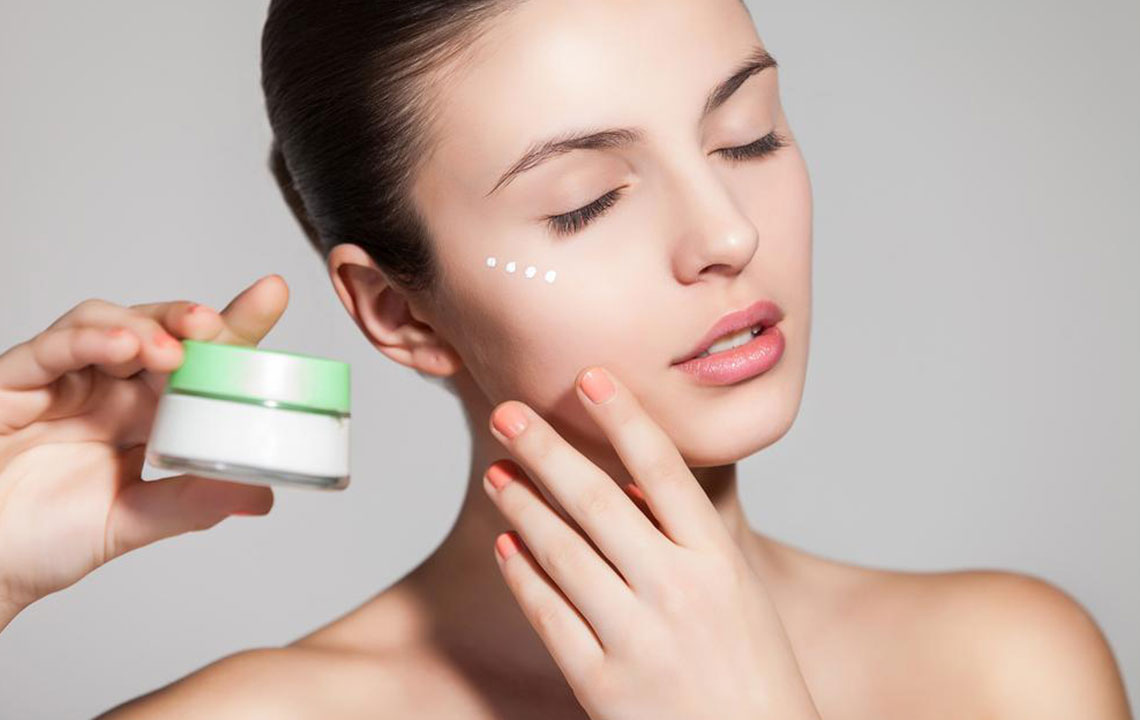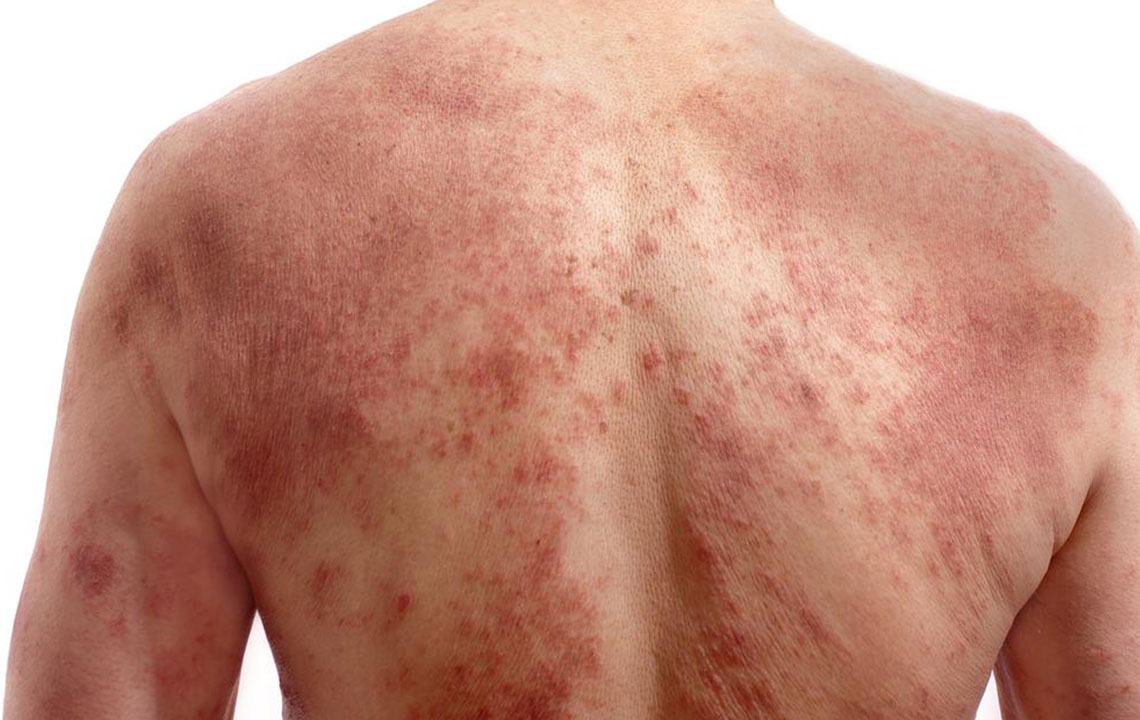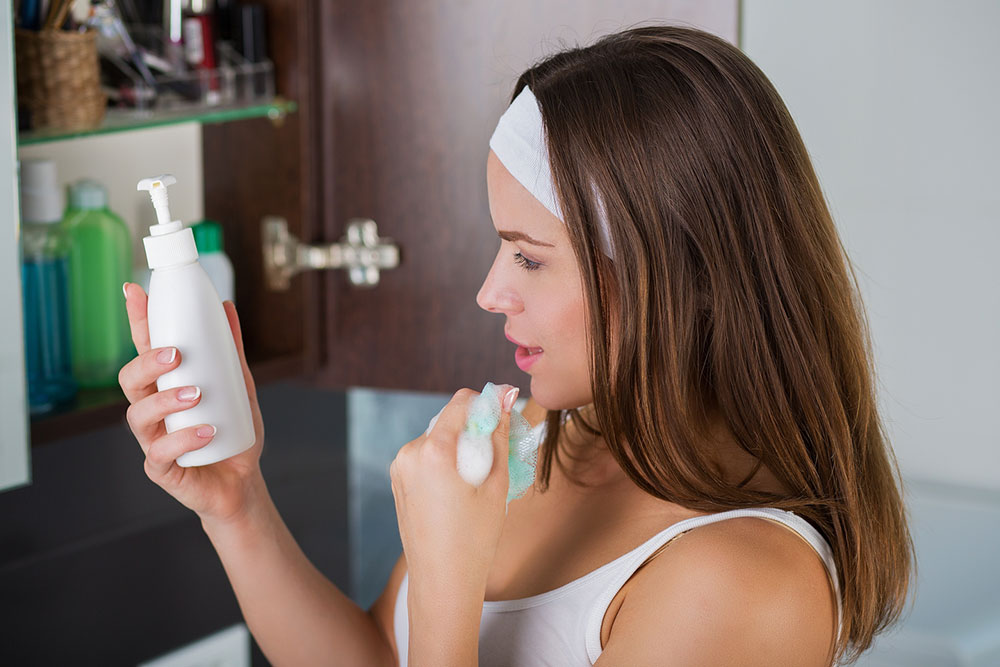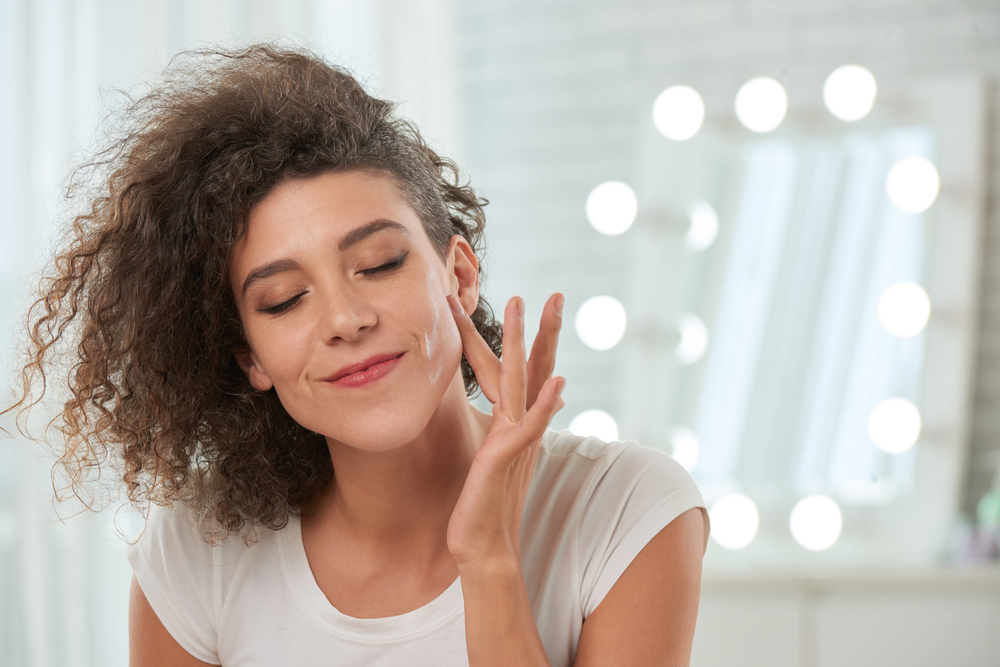Comprehensive Guide to Effective Topical Treatments and Skincare Strategies for Managing Rosacea
Managing rosacea requires a combination of gentle skincare, trigger management, and effective topical treatments. This comprehensive guide covers the best creams, daily routines, sun protection, trigger identification, and expert advice to help reduce redness and inflammation. Implementing these strategies consistently can dramatically improve skin health, minimize flare-ups, and enhance quality of life for those affected by rosacea. Regular consultation with dermatologists ensures personalized and effective treatment, promoting healthier, calmer skin.

Effective Strategies for Managing Rosacea: Topical Treatments and Skincare Tips
Rosacea is a chronic skin condition that impacts millions of people worldwide, characterized by redness, visible blood vessels, and sometimes acne-like bumps. Despite its widespread prevalence, rosacea remains a poorly understood condition without a definitive cure, making management and symptom relief crucial. While the precise causes of rosacea are not fully understood, numerous effective topical treatments and lifestyle adjustments can help alleviate symptoms, reduce flare-ups, and improve overall skin health. In this comprehensive guide, we explore the best creams, daily skincare routines, trigger management, and expert advice to help you manage rosacea effectively.
Understanding the intricacies of rosacea is essential for effective management. This skin condition often manifests with redness and inflammation predominantly on the cheeks, nose, chin, and forehead. Although causes are multifactorial—ranging from genetic predisposition to environmental factors—certain triggers can exacerbate symptoms. These include hot climates, spicy foods, alcohol, stress, intense exercise, and skin-irritating products. Recognizing these factors is vital in developing an effective treatment strategy alongside topical medications.
Choosing Gentle and Sensitive Skincare Products
One of the key aspects of rosacea management is adopting a skincare routine that minimizes irritation. Many individuals worry about exacerbating their condition by using skincare products, but the answer lies in selecting high-quality, sensitive-skin-friendly formulations. These products are free from harsh chemicals, alcohol, fragrances, and preservatives that could aggravate redness or cause further inflammation.
Moisturizers play a vital role in reinforcing the skin's protective barrier, which is often compromised in rosacea. Well-formulated moisturizers help prevent irritants from penetrating the skin, keeping it hydrated and less prone to flare-ups. Regular use of calming, non-comedogenic moisturizers tailored for sensitive skin can significantly improve skin resilience and overall health.
Simplify Your Skincare Routine for Better Results
Complex routines with multiple products can sometimes worsen rosacea symptoms by confusing or irritating the skin. It is advisable to keep your skincare routine straightforward: focus on cleansing gently, applying a soothing moisturizer, and protecting your skin with sunscreen. Use products formulated specifically for sensitive or rosacea-prone skin, preferably those recommended by dermatologists. Avoid harsh scrubs, astringents, or alcohol-based toners, which can trigger redness and inflammation.
Consistency is critical. Regularly following a simple routine helps your skin adapt and minimizes the risk of flare-ups. Additionally, patch-testing new products before full application can prevent adverse reactions.
Importance of Daily Sun Protection
Sun exposure is one of the leading triggers for rosacea flare-ups. The UV rays can worsen redness, increase inflammation, and damage delicate capillaries in the skin. Therefore, daily application of broad-spectrum sunscreen with at least SPF 30 is essential, regardless of weather conditions or outdoor activity.
Choose mineral-based sunscreens containing zinc oxide or titanium dioxide, which are less likely to irritate sensitive skin. Reapply sunscreen every two hours if you are outdoors, and consider wearing wide-brimmed hats and UV-protective clothing for additional protection.
Identifying and Managing Personal Flare-up Triggers
Rosacea triggers vary from individual to individual. Common factors include stress, hot or windy weather, spicy foods, alcohol consumption (especially red wine), hot beverages, and strenuous exercise. Keeping a detailed diary to track flare-ups can help identify your specific triggers.
Once identified, it's advisable to minimize exposure to these factors whenever possible. For example, managing stress through relaxation techniques, avoiding spicy foods, and staying in cool environments during hot weather can make a significant difference in controlling symptoms.
Understanding your unique triggers empowers you to take proactive steps to prevent flare-ups, complementing topical treatments and medical therapies.
Consulting Dermatologists for Personalized Treatment Plans
While over-the-counter products and lifestyle modifications are beneficial, consulting with a dermatologist is crucial for personalized care. A skincare professional can assess your specific condition and recommend targeted treatments, including prescription medications, laser therapy, or other dermatological procedures.
Prescription topical treatments, such as metronidazole, azelaic acid, or ivermectin, can reduce inflammation and redness more effectively. In some cases, oral antibiotics or laser treatments like pulsed dye laser can target visible blood vessels and persistent redness. Regular follow-up ensures that your treatment plan evolves with your skin's needs.
Top Recommended Creams for Rosacea Relief
La Roche-Posay Toleriane Soothing Moisturizer - This lightweight, hydrating moisturizer is designed specifically for sensitive skin, helping to soothe redness and strengthen the skin barrier while maintaining a natural moisture balance. Its gentle ingredients make it suitable for daily use and ongoing rosacea management.
Avène Antirougeurs Fort Concentrate - A targeted treatment that helps diminish redness and visible blood vessels, enriched with Ruscus extract and thermal spring water renowned for their calming properties. It effectively soothes irritation, enhances microcirculation, and maintains skin hydration, all while being hypoallergenic and non-comedogenic.
Willowherb Vitamin K Cream - Combining Vitamin K with natural soothing agents like aloe vera and olive oil, this cream aims to reduce redness, decrease inflammation, and calm irritated skin. It promotes skin resilience and balance over time.
SkinMedica Redness Relief CalmPlex - Focused on strengthening fragile blood vessels affected by rosacea, this formula contains niacinamide to reduce redness and jojoba oil to maintain hydration. Its gentle design makes it particularly suitable for sensitive skin types.
Pevonia Botanica RS2 Care Cream - A soothing blend of hazelnut oil, licorice, and green tea extracts that calms inflamed skin and promotes healing. This product is effective in managing the persistent redness and inflammation associated with rosacea.
Incorporating these creams into your daily skincare routine, alongside medical advice, can greatly enhance symptom relief and skin health. Remember that consistency and patience are key in managing an ongoing condition like rosacea.





